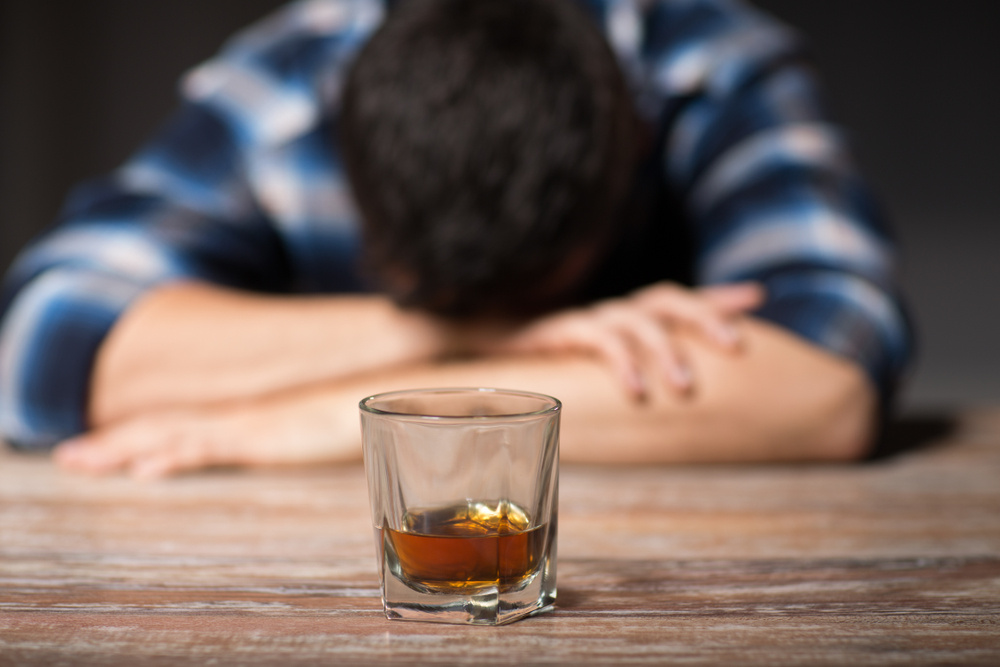How Do I Motivate Myself To Stop Drinking?
Alcohol is a central nervous system depressant that works by slowing down vital functions in one’s body. The feelings elicited when an individual ingests alcohol occurs because of the way the substance interacts with one’s neurotransmitters. As is explained by the National Institute on Alcohol Abuse and Alcoholism (NIH), “Alcohol interferes with the brain’s communication pathways, and can affect the way the brain looks and works.” After an individual consumes alcohol, it is absorbed from the small intestine and stomach into his or her bloodstream and is then metabolized in the liver. The liver, however, is only able to metabolize a small amount of alcohol at a time, which leaves excess alcohol to circulate throughout one’s body via the bloodstream. The amount of alcohol consumed directly relates to its effects on one’s body.
How To Stop Drinking
Motivation is defined by Verywell Mind as a “process that initiates, guides, and maintains goal-oriented behaviors.” In treatment and recovery, motivation is explained as “a complex concept with many sides including perceived costs and benefits of abstinence as well as perceived costs and benefits of substance use.” To motivate yourself, Harvard Medical School suggests the following tips to help control your alcohol intake, drink more responsibly, or cut out alcohol altogether:
- Write it down: make a list of the reasons to reduce your drinking (e.g., feeling healthier, sleeping better, or improving your relationships).
- Establish your drinking goal: set a limit on how much you will drink.
- Journal: for three to four weeks track and document every time you have a drink to make sure it aligns with your drinking goal.
- Don’t tempt yourself: removing the alcohol from your house can help limit your drinking.
- Drinking is not a race: remember to take your time when you drink and drink slowly.
- Never drink on an empty stomach.
- Select alcohol-free days: pick one or two days each week to abstain from drinking and be mindful of how you feel physically and emotionally without alcohol in your system on those days.
- Say no: avoid succumbing to peer pressure.
- Self-care: stay busy and integrate self-care practices into your daily routine (e.g., exercise, eat nutritiously, meditate, read a book, watch TV, paint, etc.).
- Lean on loved ones: cutting down on your drinking can be difficult, and the support of family and friends can make a world of difference.
- Do not hesitate to reach out to a professional: if you continue to struggle with your alcohol intake, it may be advantageous to pursue professional guidance. There is a vast network of highly qualified mental health providers that have expert knowledge and extensive experience in treating individuals that wish to stop drinking alcohol.
For Information and Support
Substance abuse and addiction can be incredibly dangerous and can result in severe short and long-term consequences. If you or someone you know is suffering from substance abuse or addiction, please get help as soon as possible. The earlier you seek support, the sooner you and your loved ones can return to leading happy, healthy, and fulfilling lives. There is no reason to go through this alone, and we are here to help. Please feel free to reach out to us for further information or with any questions regarding substance abuse or addiction. We are available anytime via telephone at: 213-389-9964, or you can always email us at: info@friendlyhousela.org.



